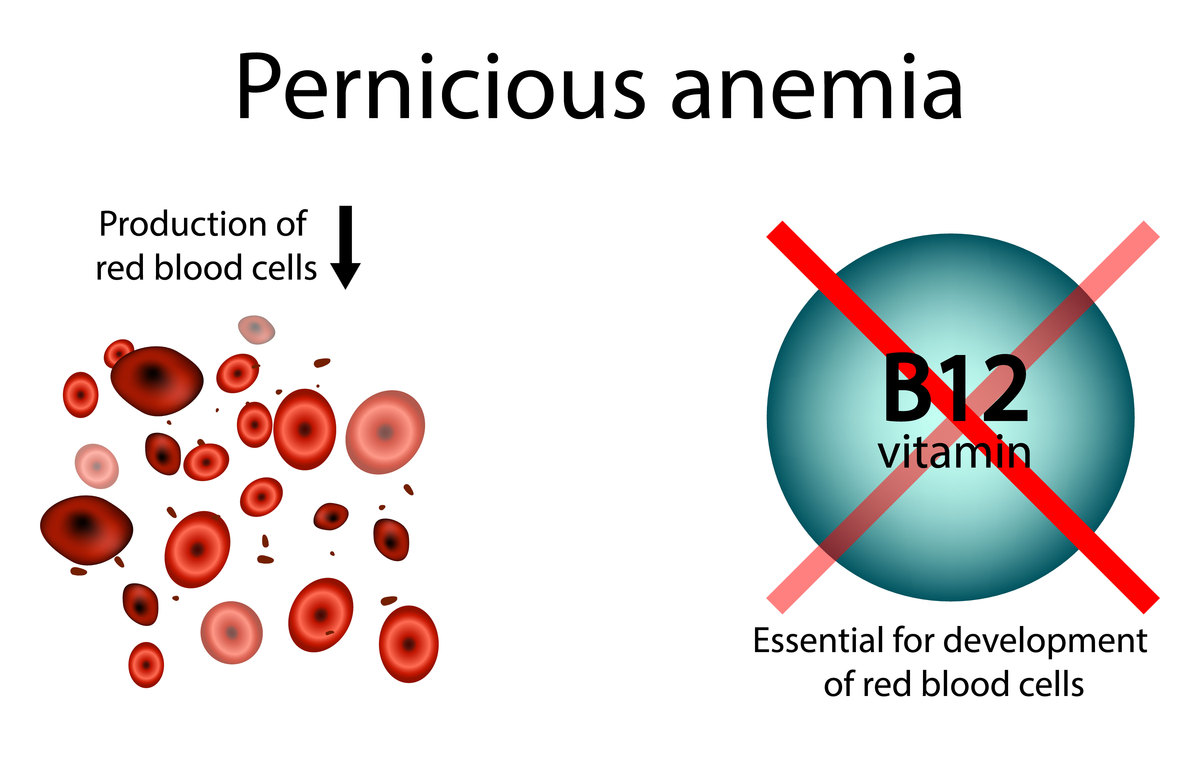Key Enzymes in Gluconeogenesis: Abbreviations & Functions
Gluconeogenesis, the generation of glucose from non-carbohydrate substrates, relies on several key enzymes. Here are some of the most important, along with their abbreviations and functions:
- Phosphoglucose Isomerase (PGI): This enzyme catalyzes the reversible isomerization between glucose-6-phosphate and fructose-6-phosphate.
- Phosphogluconate Dehydrogenase (PGD): PGD catalyzes the oxidative decarboxylation of 6-phosphogluconate to ribulose-5-phosphate.
- Glyceraldehyde-3-Phosphate Dehydrogenase (GAPDH): This enzyme catalyzes the reversible conversion of glyceraldehyde-3-phosphate to 1,3-bisphosphoglycerate.
- Phosphoglycerate Kinase (PGK): PGK catalyzes the transfer of a phosphate group from 1,3-bisphosphoglycerate to ADP, forming ATP and 3-phosphoglycerate.
- Phosphoglycerate Dehydrogenase (PGDH): This enzyme catalyzes the oxidation of 3-phosphoglycerate to phosphoenolpyruvate.
- Pyruvate Kinase (PK): PK catalyzes the irreversible transfer of a phosphate group from phosphoenolpyruvate to ADP, yielding pyruvate and ATP.
- Pyruvate Decarboxylase (PDC): PDC catalyzes the decarboxylation of pyruvate to acetaldehyde.
- Lactate Dehydrogenase (LDH): This enzyme catalyzes the reversible conversion of pyruvate to lactate.
These enzymes play vital roles in glucose metabolism, facilitating the conversion of glucose into energy or other metabolic products through various catalyzed reactions.

原文地址: https://www.cveoy.top/t/topic/d4f3 著作权归作者所有。请勿转载和采集!